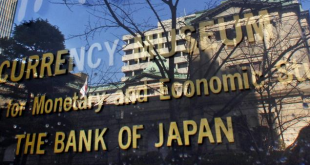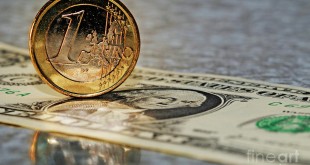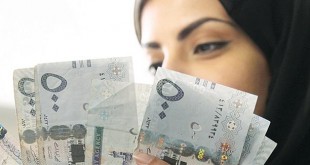According to an article from Nikkei, the Bank of Japan set funds aside for the first time in order to prepare for losses from its purchase program that could take place once the easing program ends in the future.
Key Quotes from the article:
“The Bank of Japan likely set aside funds for the first time to prepare for losses on its huge holdings of Japanese government bonds should the central bank end its monetary easing policy in the future.”
“The bank is thought to have reserved about 450 billion yen ($4.07 billion) for the year ended in March. The amount will become known when the BOJ releases financial statements as early as next week.”
“Though BOJ Gov. Haruhiko Kuroda has indicated that the bank could expand easing if it faces difficulty achieving its inflation target, the creation of the reserves is a move to prepare for an exit from monetary easing.”
“The BOJ pays most of its net income to the government, and this payment will decline if the bank sets aside reserves. Furthermore, the central bank's profits have suffered from the lower value of foreign-currency assets due to a stronger yen. As a result, payments to the government are estimated at 400 billion yen for fiscal 2015, down sharply from 756.7 billion yen in the prior year.”
For more information, read our latest forex news.
Recent Posts
Dollar turns negative as investors turn to higher-yielding currencies
NEW YORK, March 11 The dollar fell on Friday, nearing a one-month low against a basket of major currencies, as investors bought riskier assets following surprising announcements from the European Central Bank and People’s Bank of China. Commodities rose on Friday after China fixed higher its onshore yuan rate ...
Read More »Low oil prices put strains on Gulf currency pegs
Weak oil prices pose a threat to Gulf Arab states’ currency pegs against the dollar, but the energy-rich region is unlikely to abandon the policy yet, analysts say. Bahrain, Oman, Qatar, Saudi Arabia and the United Arab Emirates all keep the values of their currencies fixed against the greenback, while ...
Read More » Trade Forex Forex and Commodities News
Trade Forex Forex and Commodities News


